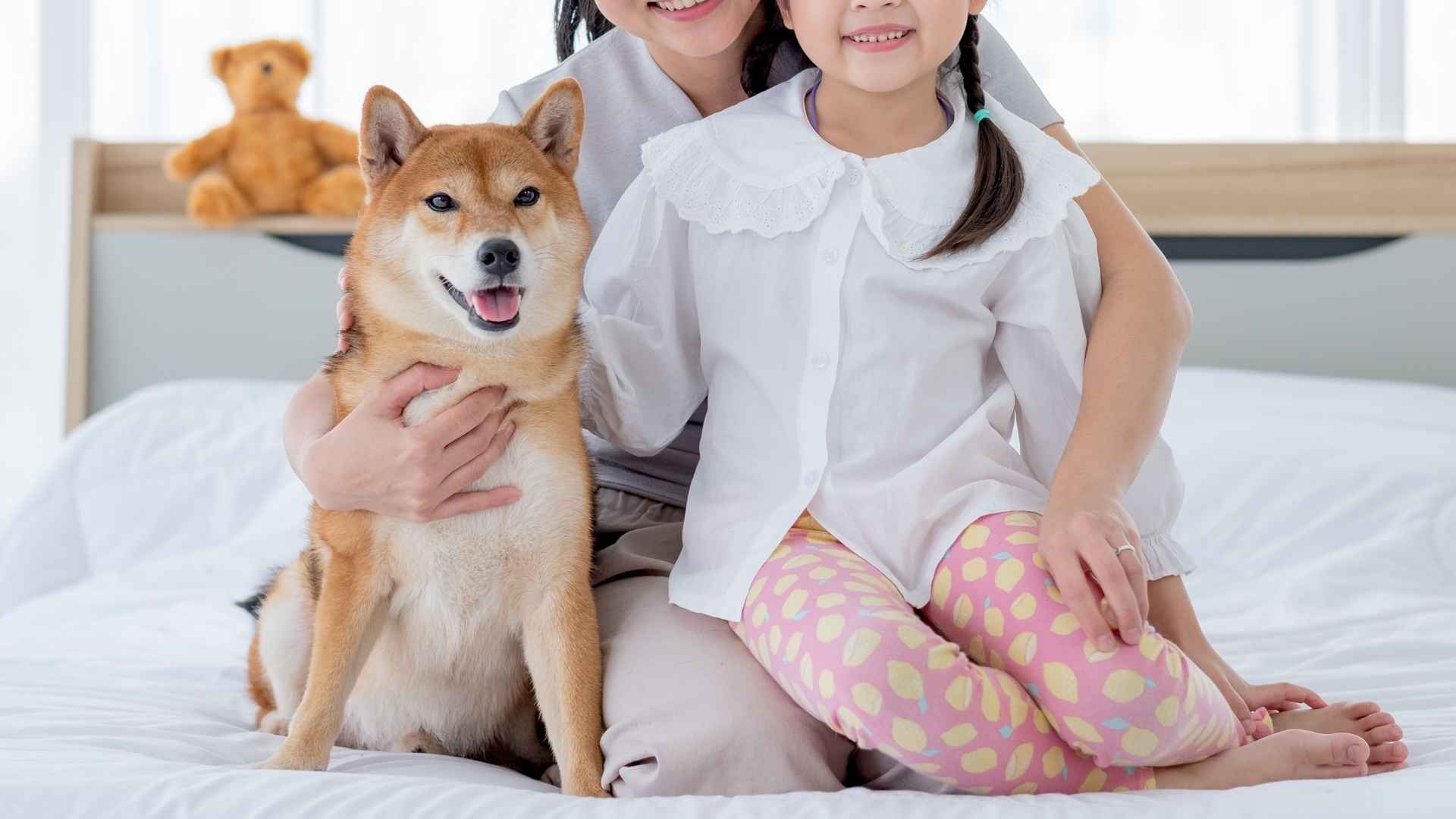Choosing the right dog breed is about more than just personality and looks—it’s about aligning with your family’s lifestyle and health priorities. Not all dogs are created equal when it comes to health. Certain breeds are more prone to genetic health issues like hip dysplasia, heart disease, and obesity.
For health-conscious families, choosing a breed with a strong genetic foundation and fewer health concerns can mean fewer vet visits and a longer, healthier life together.
According to the AKC, research shows that owning a dog can reduce stress and even help combat depression. But to reap these benefits, it’s essential to choose a breed that fits your family’s activity level and health goals.
In this guide, we’ll explore dog breeds that are not only affectionate and good with kids but also have a reputation for robust health and longevity. Whether you’re an active family seeking a companion for outdoor adventures or someone looking for a low-maintenance, healthy dog, we’ve got you covered.
Best Dog Breeds For Health-Conscious Families
Here are the 7 healthiest dog breeds:
1. German Shepherd
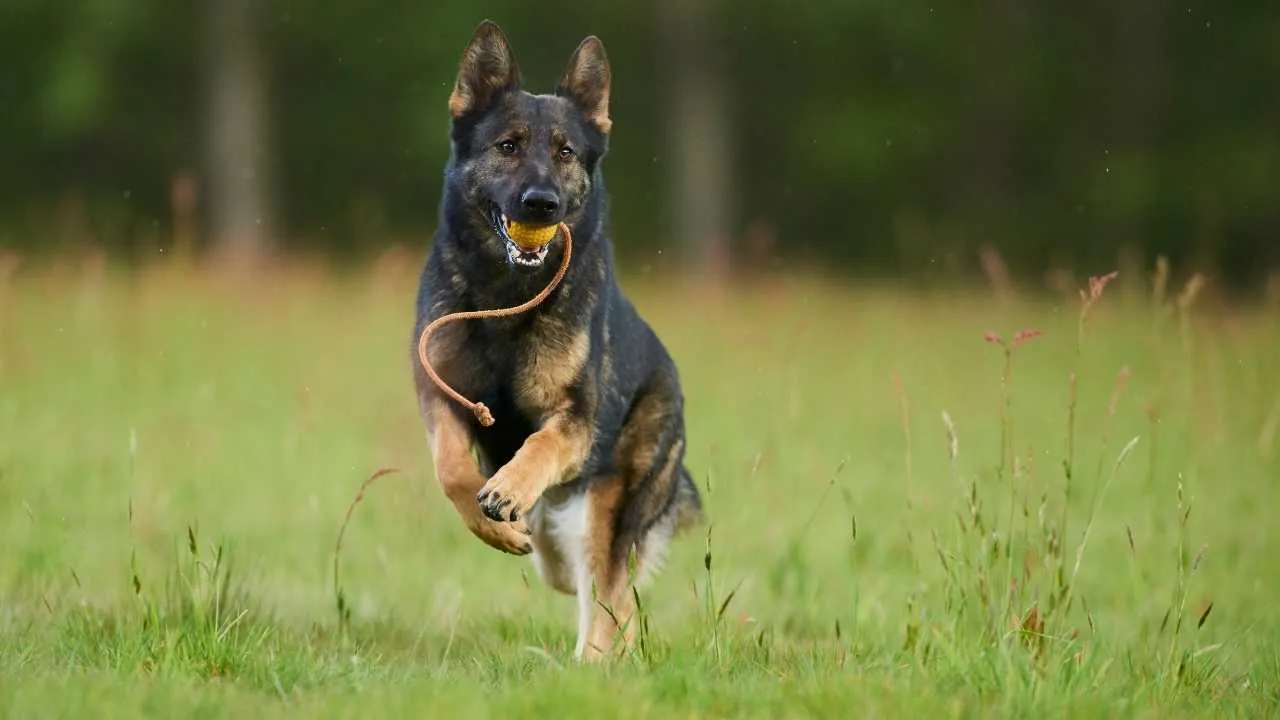
German Shepherds are ideal for health-conscious families because they naturally promote an active lifestyle and physical well-being. Their high energy levels mean daily walks, playtime, and outdoor activities are essential, which encourages family members to stay active as well.
Beyond physical health, German Shepherds require mental stimulation through training, games, and interactive challenges, helping to keep both dog and household mentally sharp.

Unique Traits and Characteristics
Intelligence and Trainability: German Shepherds are highly trainable and excel in obedience, agility training, and even complex tasks like search and rescue.
Protective Instincts: Their natural guarding behavior ensures that both family members and property are safe.
Versatility: Originally herding dogs, they now serve as therapy dogs, service dogs, police, and military dogs.
Active Lifestyle Needs: This breed thrives with daily exercise, long walks, and interactive play sessions to burn boundless energy.
Strong Bonds: German Shepherds form deep attachments with their families, making them affectionate dogs and reliable canine companions.
Health Considerations: Choosing a responsible breeder or adopting from a shelter ensures a generally healthy dog with fewer genetic concerns like hip dysplasia.
2. Belgian Malinois
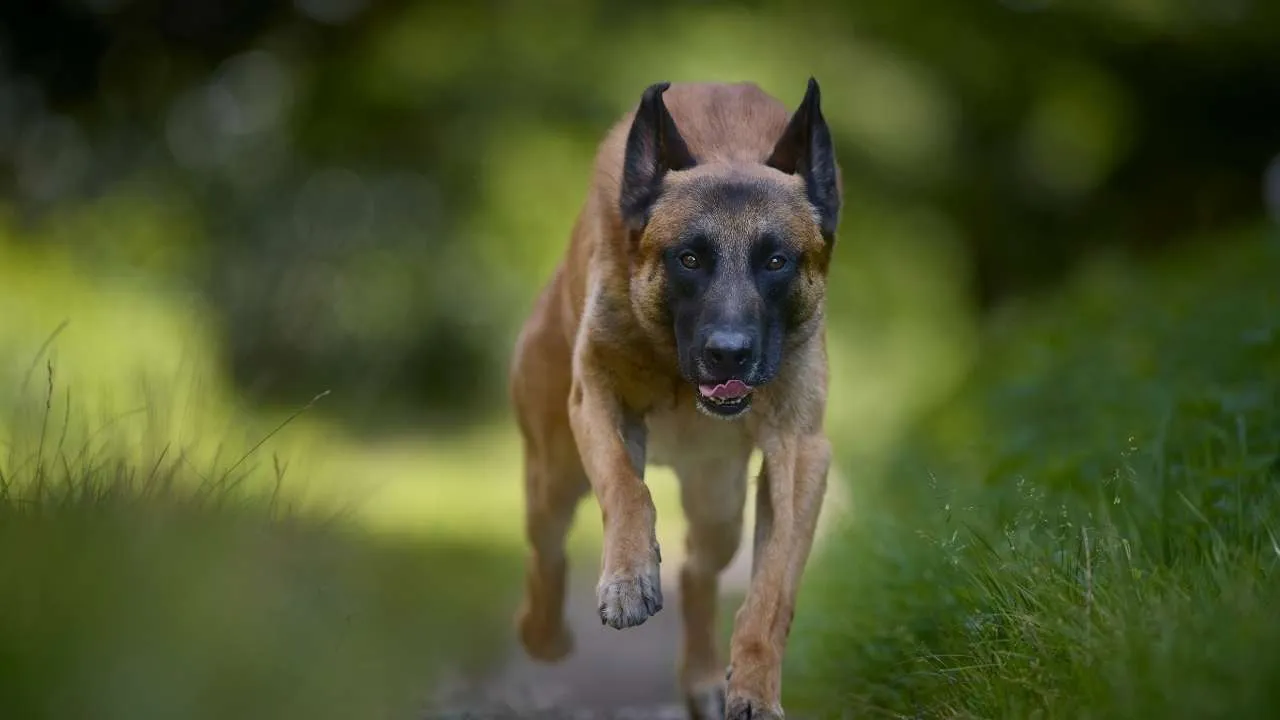
For families focused on maintaining an active and healthy lifestyle, the Belgian Malinois is an exceptional choice. This medium-sized dog encourages outdoor activity and mental engagement, promoting a healthy life for both the dog and family members.
According to Hills Pet, their intelligence and boundless energy make them ideal companions for those who enjoy an active lifestyle. While their generally healthy nature and robust physical condition minimize concerns about chronic ailments.
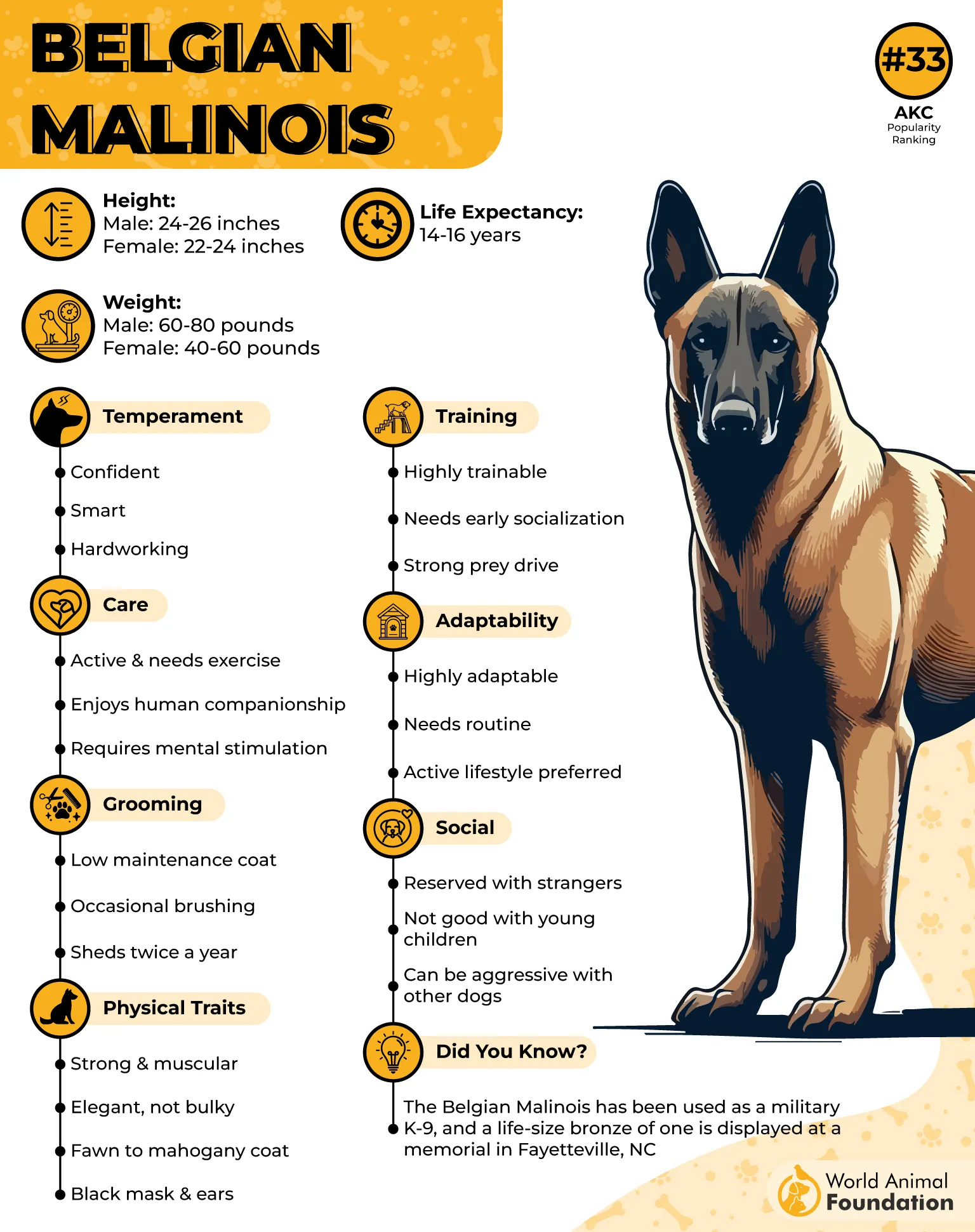
Unique Traits and Characteristics
Exceptional Intelligence: Belgian Malinois are highly trainable and excel in obedience, agility training, and specialized work such as search and rescue or detection tasks.
Protective Instincts: They have strong territorial and guarding instincts, making them natural watchdogs for families and property.
Athletic and Agile: This breed thrives on vigorous exercise, outdoor adventures, and interactive play, helping to maintain a healthy weight and physical health.
Elegant and Hardy: Their short, dense coat is built to withstand various climates, and their well-proportioned, square build denotes strength and endurance.
Strong Bonds: Belgian Malinois form tight attachments with family members and need companionship to remain happy and well-adjusted.
Health Considerations: Generally healthy, this breed benefits from regular veterinary check-ups, a balanced diet, and early socialization to prevent behavioral issues.
3. Shiba Inu
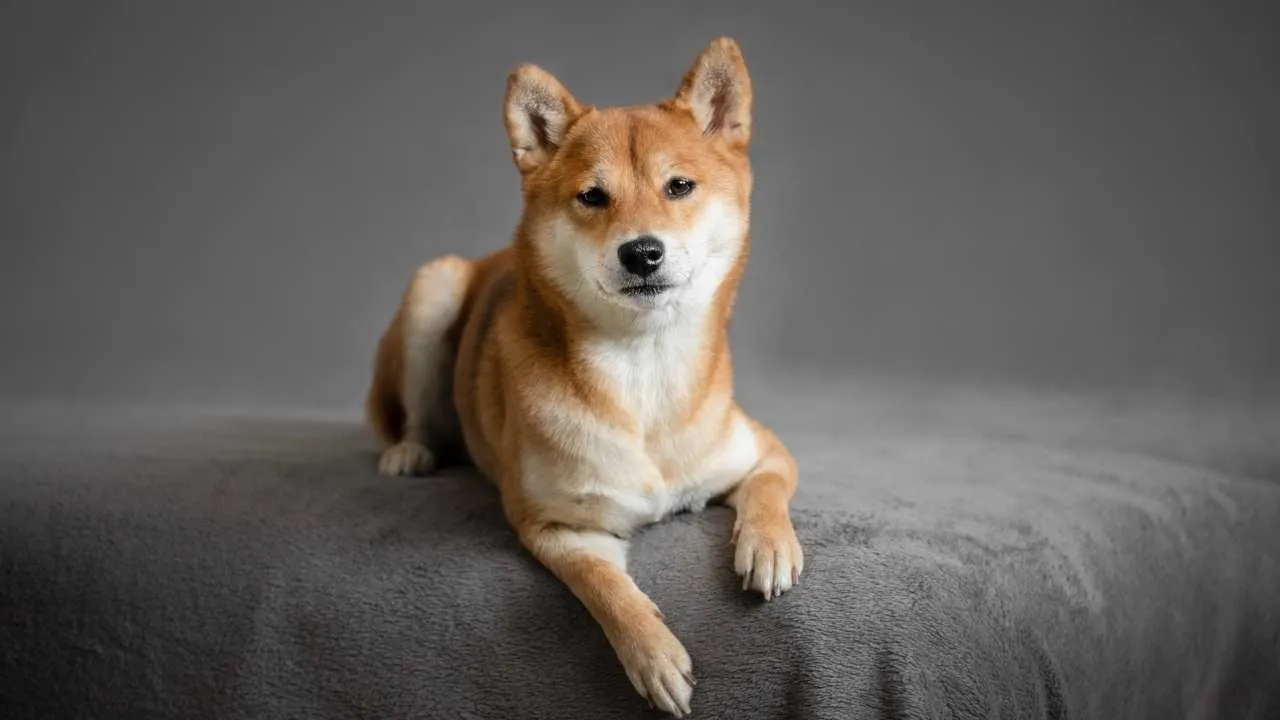
For health-conscious families living in varied settings, the Shiba Inu is an excellent choice among small dogs. Compact yet full of energy, these dogs encourage regular activity, whether it’s brisk walks, playtime, or interactive games. Their active lifestyle supports both the dog’s health and that of family members.
Shiba Inus are adaptable to different living environments, making them suitable for apartments as long as they receive enough mental stimulation and exercise. With proper care and attention, they can thrive as long-lived, healthy companions.
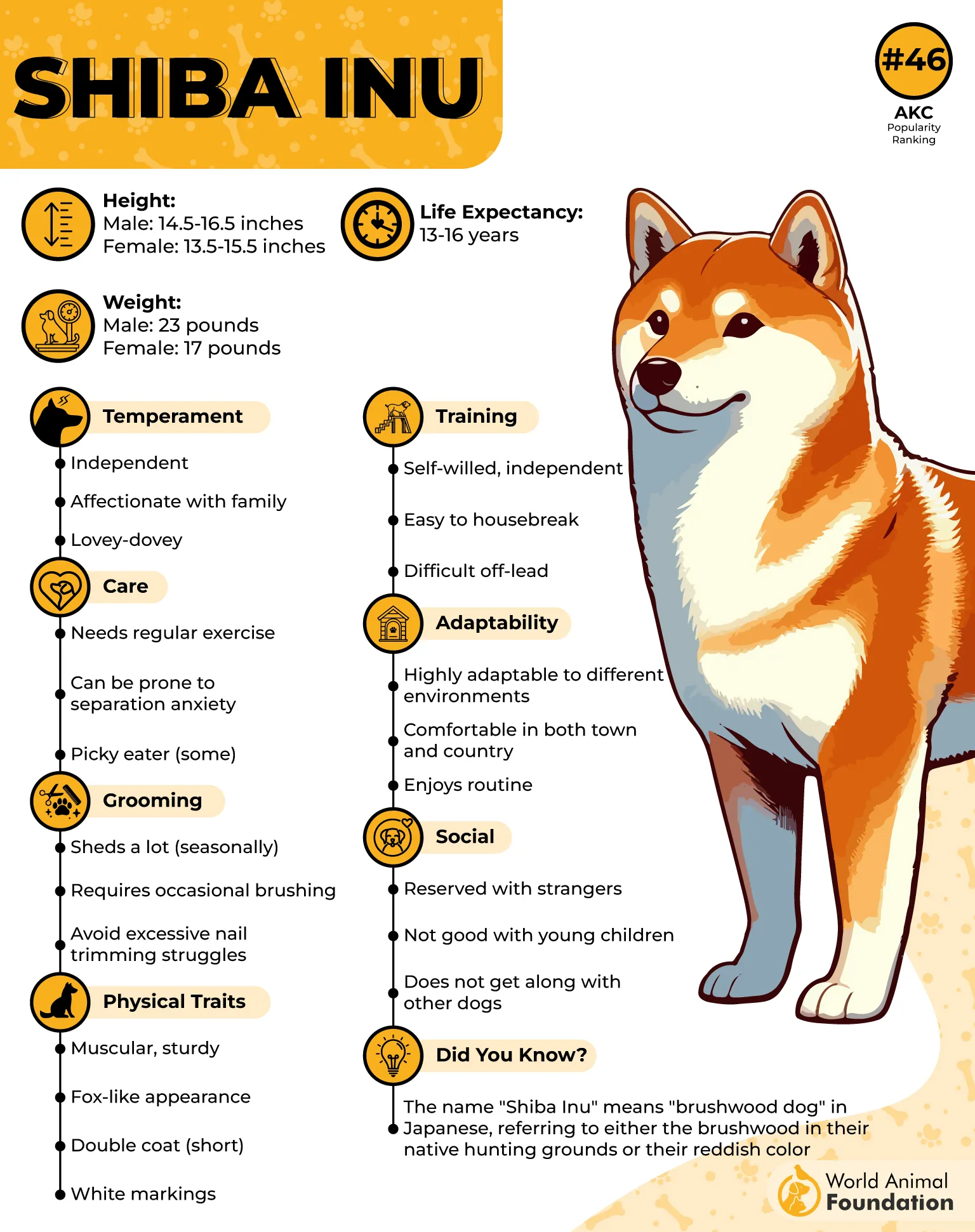
Unique Traits and Characteristics
Compact and Agile: Despite their small size, Shiba Inus are athletic and capable of quick bursts of energy, perfect for families who enjoy active routines.
Alert and Intelligent: This breed is naturally curious and intelligent, which makes training both engaging and necessary to keep them mentally stimulated.
Independent yet Affectionate: Shiba Inus balance feisty independence with moments of closeness, forming strong connections with their humans.
Health Considerations: With proper diet, exercise, and regular vet check-ups, Shiba Inus maintain good dog health and are generally a hardy breed.
Strong Character: Known for courage and alertness, they make vigilant companions while adding a lively personality to the household.
4. Golden Retriever
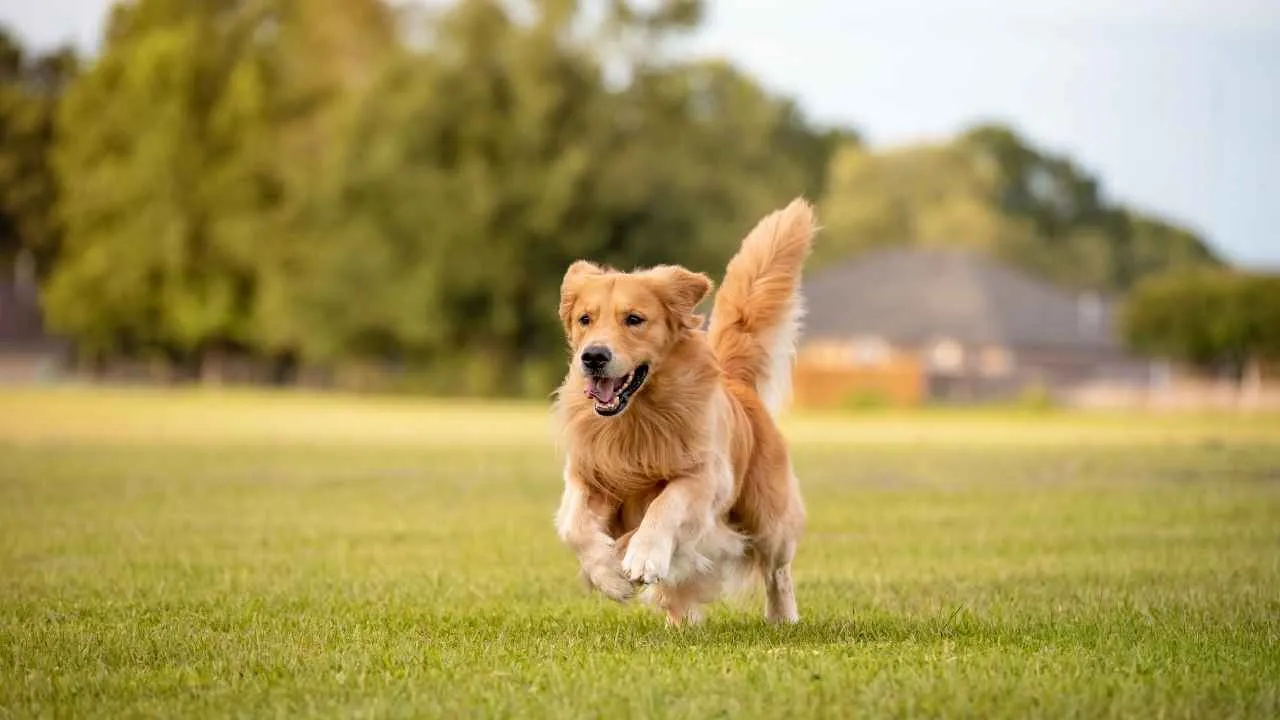
Golden Retrievers are perfect for families who prioritize a healthy and active home environment. These dogs naturally encourage movement and outdoor activities, making it easier for family members to stay fit while spending quality time together.
According to PDSA, their friendly and social nature allows them to coexist well with other pets, reducing stress and promoting a positive household atmosphere.

Unique Traits and Characteristics
Gentle and Affectionate: Golden Retrievers are known for their calm demeanor and loving temperament, making them excellent family companions.
Highly Trainable: Their intelligence and eagerness to please make obedience training and problem-solving activities enjoyable and effective.
Energetic and Active: This breed requires a minimum of two hours of exercise daily, including walks, running, fetch, and swimming, to stay physically fit and mentally stimulated.
Social and Adaptable: Properly socialized Golden Retrievers are confident around new people and other pets, fostering strong bonds across the household.
Grooming Needs: Medium to long coats require brushing several times a week, especially during shedding seasons, to maintain healthy fur and skin.
Health Considerations: With regular veterinary check-ups and health screenings, Golden Retrievers generally have few health issues and enjoy long, healthy lives.
5. Boxer
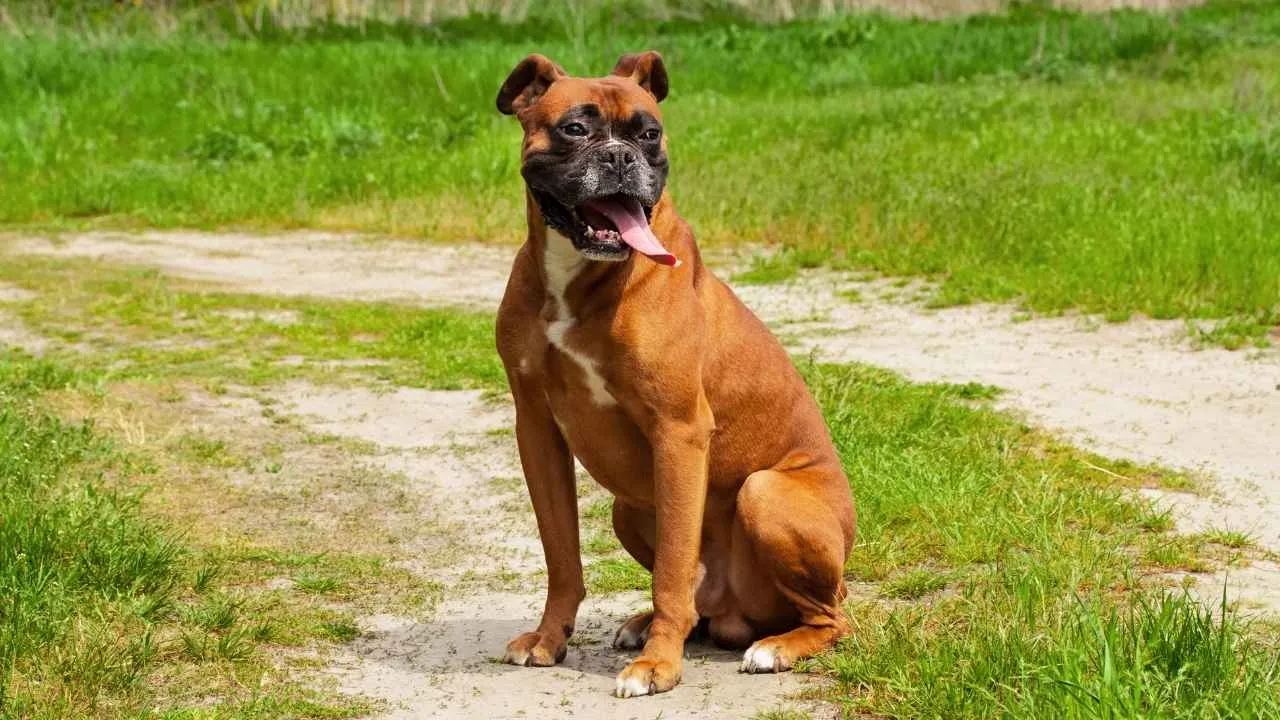
Boxers originated in Germany in the late 1800s, initially bred for hunting large game and guarding property. Their working dog heritage means they are strong, agile, and highly intelligent, making them well-suited for active family life.
Over time, Boxers became beloved companions due to their affectionate nature and playful demeanor, earning a reputation as both loyal protectors and entertaining family members.
Their distinctive square head, muscular build, and expressive facial wrinkles reflect their history as hardworking dogs, while their adaptability allows them to thrive in modern homes with proper exercise and socialization.
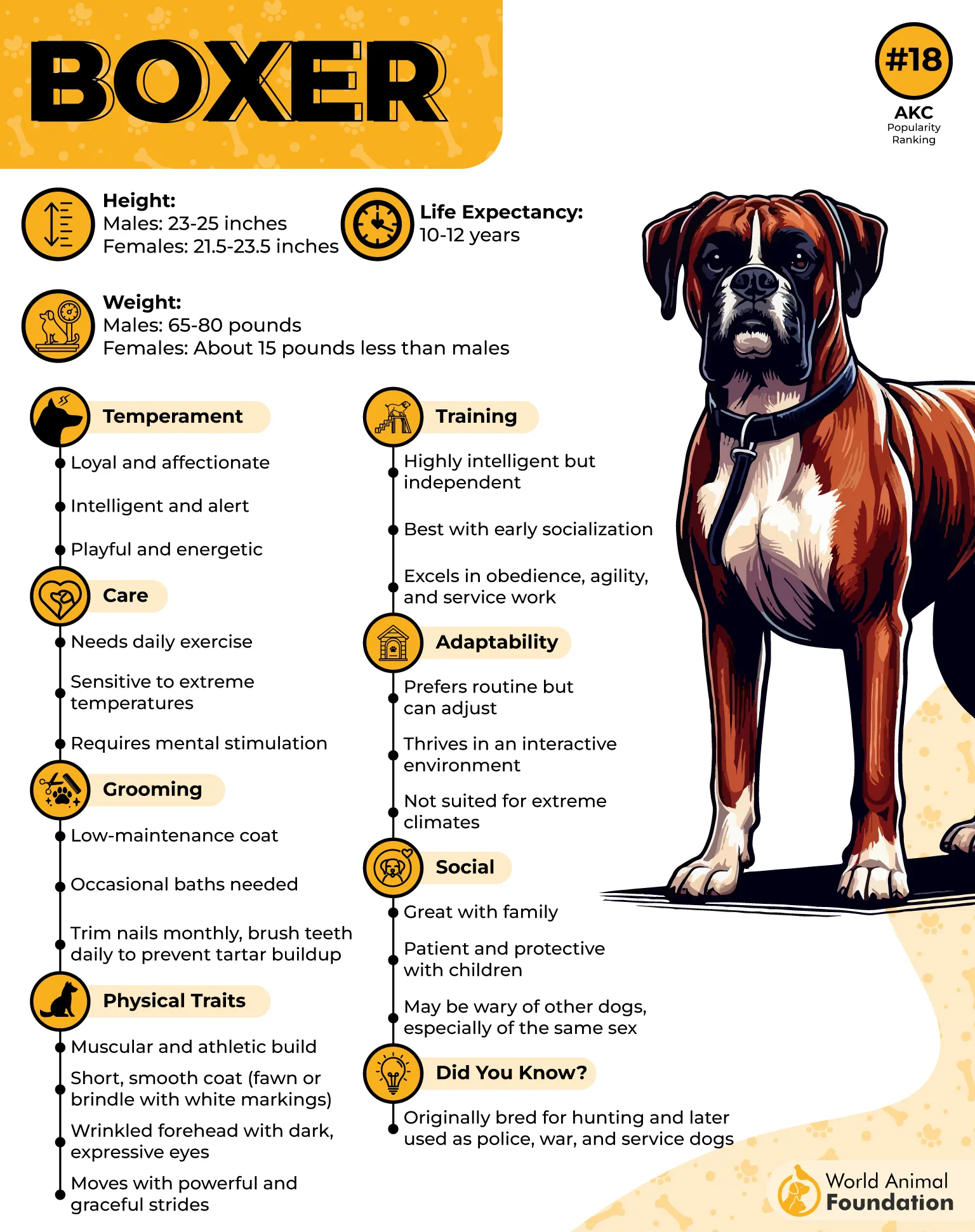
Unique Traits and Characteristics
Square Head and Wrinkled Forehead: Iconic facial features, including a short muzzle and expressive forehead wrinkles, give Boxers a distinctive look.
Muscular and Stocky Build: Strong, deep-chested, and agile, they are built for physical activity and endurance.
Playful “Boxing” Behavior: Known for batting at people or objects with their front paws, a playful trait that inspired their name.
Loyal and Protective: Boxers form deep attachments to their families and act as natural watchdogs.
Goofy and Affectionate: Despite their muscular appearance, they are loving, social, and enjoy close interaction with their humans.
High Energy and Intelligence: Requires mental stimulation and daily exercise to prevent boredom and mischief.
Health Considerations: As a brachycephalic breed, they can be sensitive to heat and have predispositions to heart conditions, cancer, and degenerative ailments, so monitoring and preventive care are essential.
6. Rottweiler
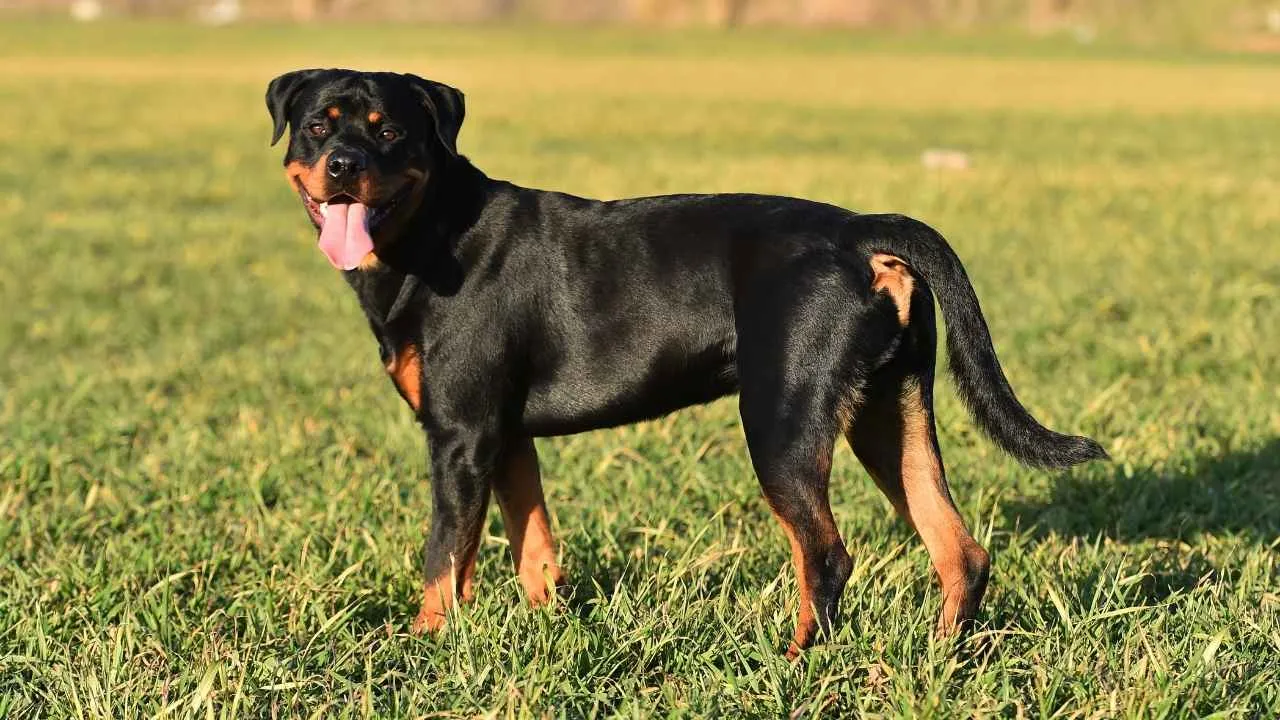
Rottweilers trace their roots back to the mastiffs of Roman legions, where they were used as working and guard dogs. Their history as strong, disciplined animals makes them ideal for families who prioritize structure, training, and an active lifestyle.
As a healthy breed, Rottweilers benefit from regular exercise, mental stimulation, and consistent socialization, which not only maintains their physical fitness but also promotes balanced behavior.
Their combination of protective instincts and affectionate nature ensures they are both dependable guardians and loving family companions.
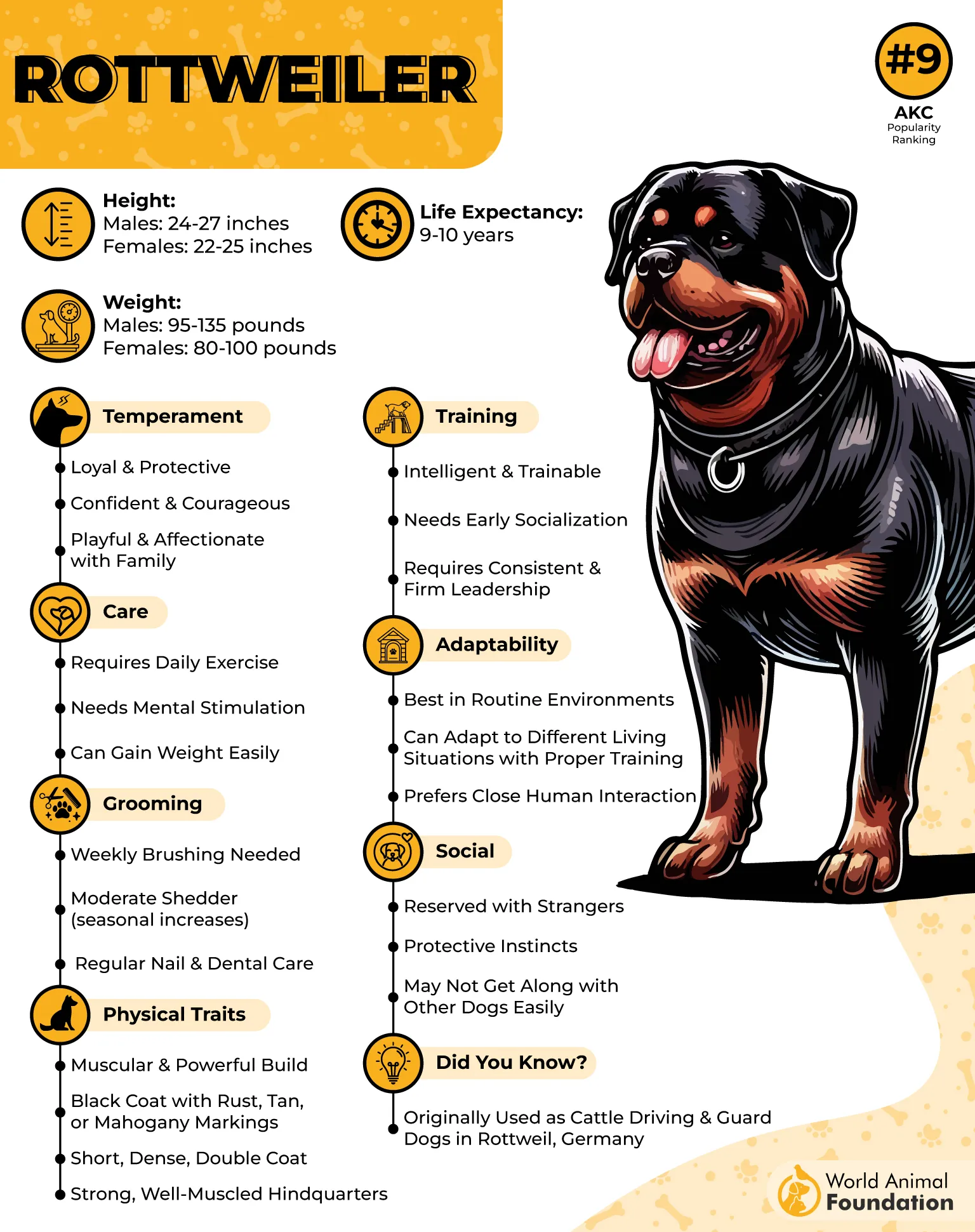
Unique Traits and Characteristics
Protective Nature: Rottweilers naturally guard their homes and family members, making them excellent watchdogs.
Calm and Confident: When properly trained, they display a courageous yet composed temperament.
Playful and Affectionate: Despite their strength, they enjoy interactive play and close bonding with family.
Size and Personality: Large and muscular, some Rottweilers still display gentle, almost lap-dog behaviors, showing affection in unique ways.
Double Coat: Their short, dense double coat provides protection and requires regular brushing, especially during seasonal shedding.
Exercise and Mental Stimulation: Energetic and athletic, they need daily walks, games, and training to remain happy and healthy.
7. Border Collie
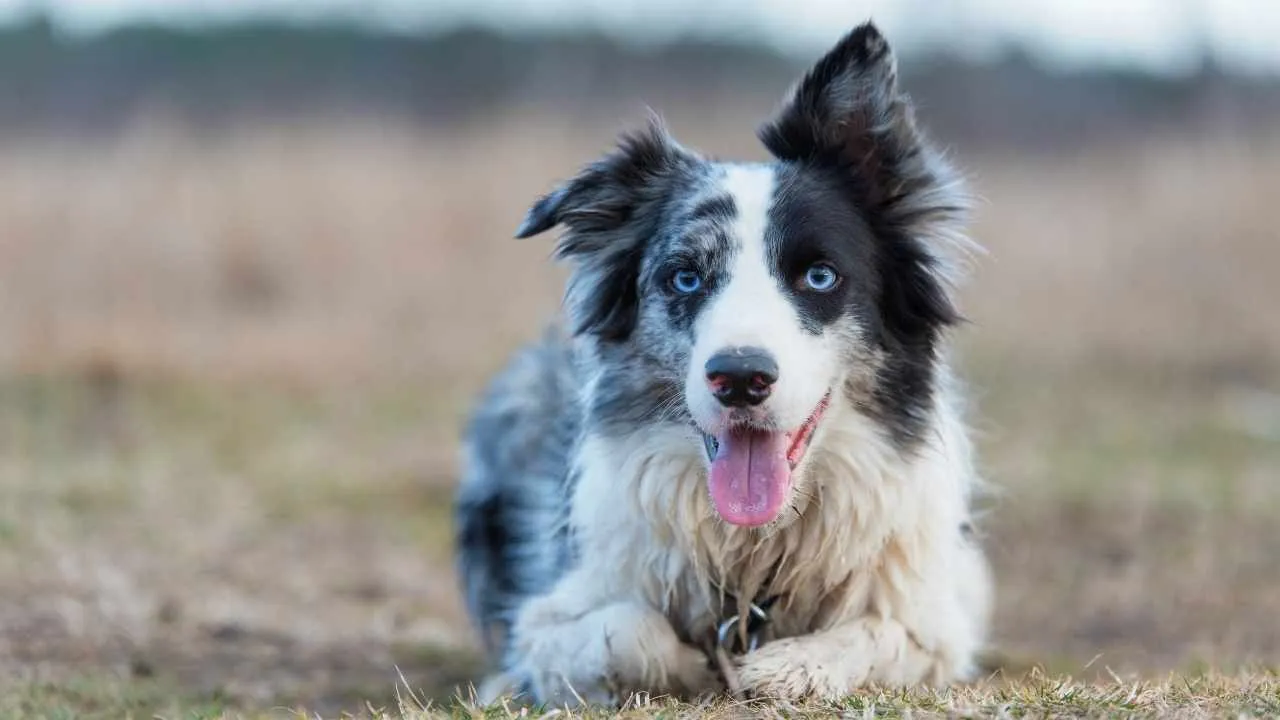
Border Collies originate from the border region between England and Scotland, where they were developed as highly skilled herding dogs.
Their history as working dogs gives them exceptional intelligence, stamina, and an instinctive drive to stay active, making them an ideal choice for families who value an energetic and engaged lifestyle.
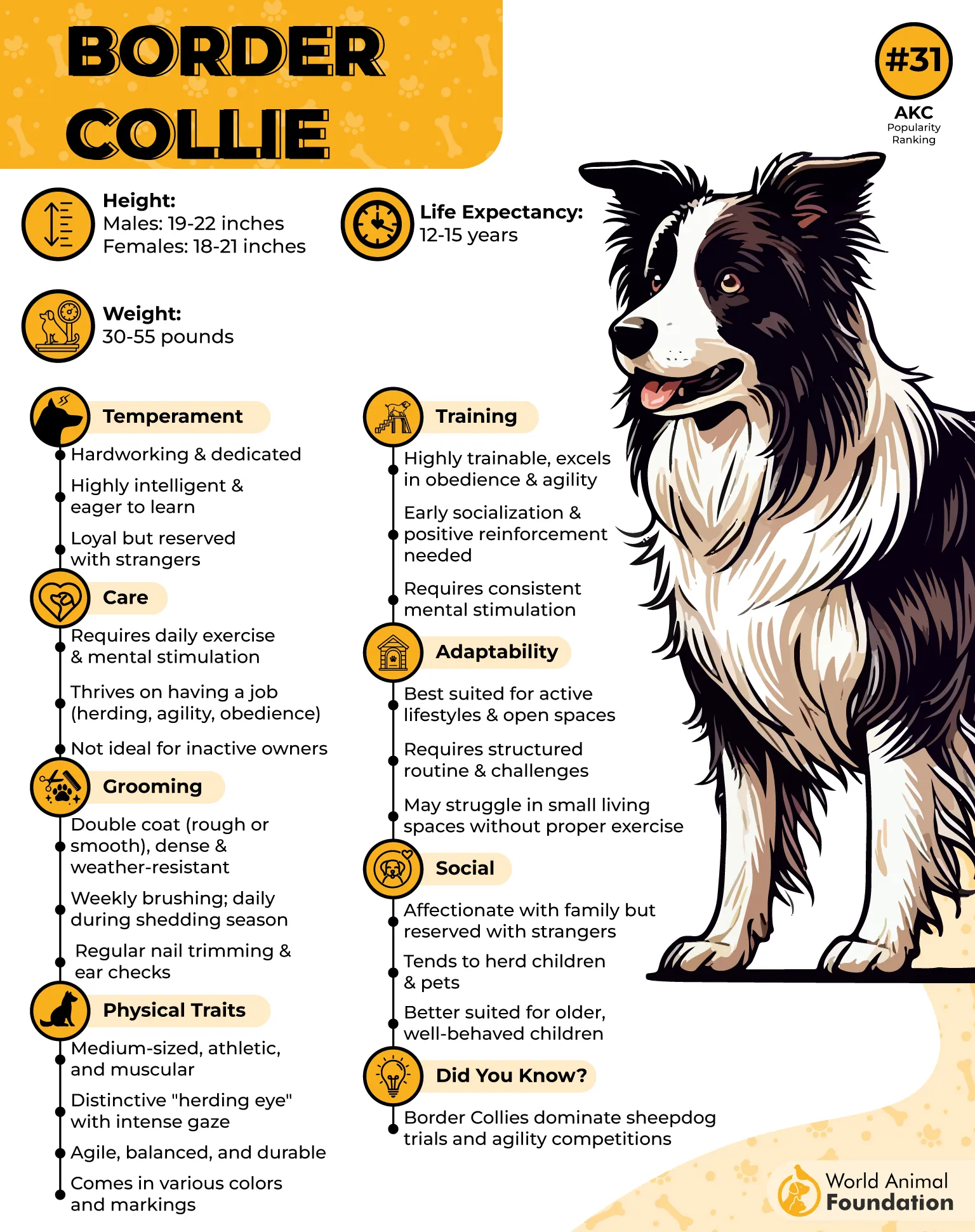
Unique Traits and Characteristics
Intense Herding Drive: Border Collies have an instinct to herd, using their bodies, focus, and energy to guide and control.
High Energy Levels: They require significant daily exercise, including long walks, runs, and interactive activities.
“The Eye”: Known for its intense, focused stare, a signature trait that demonstrates concentration and control.
Dual Coat Types: Border Collies can have either a rough (long) or smooth (short) coat, both requiring regular grooming.
Loyal and Sensitive: They are devoted to family members but can be reserved with strangers, requiring consistent socialization.
Adaptable Companions: While best suited to active environments like farms, they can adapt to apartments if their exercise needs are met.
Record Holders: Their agility, intelligence, and drive make them exceptional participants in dog sports and sheepdog trials.
Conclusion
When choosing the best dog breeds for health-conscious families, it’s clear that the right dog can support both an active lifestyle and overall well-being. Agile dogs with high energy levels encourage regular exercise, which benefits both the family and the dog’s good health.
Maintaining a balanced diet and practicing portion control ensures that dogs stay fit and avoid weight-related issues as they age.
Selecting breeds that are patient and gentle with small children allows for a safe and joyful household, while proactive care can help dogs enjoy a healthy and happy old age. Ultimately, choosing a breed that fits your family’s activity level and lifestyle creates a bond that promotes physical, mental, and emotional health for everyone involved.


